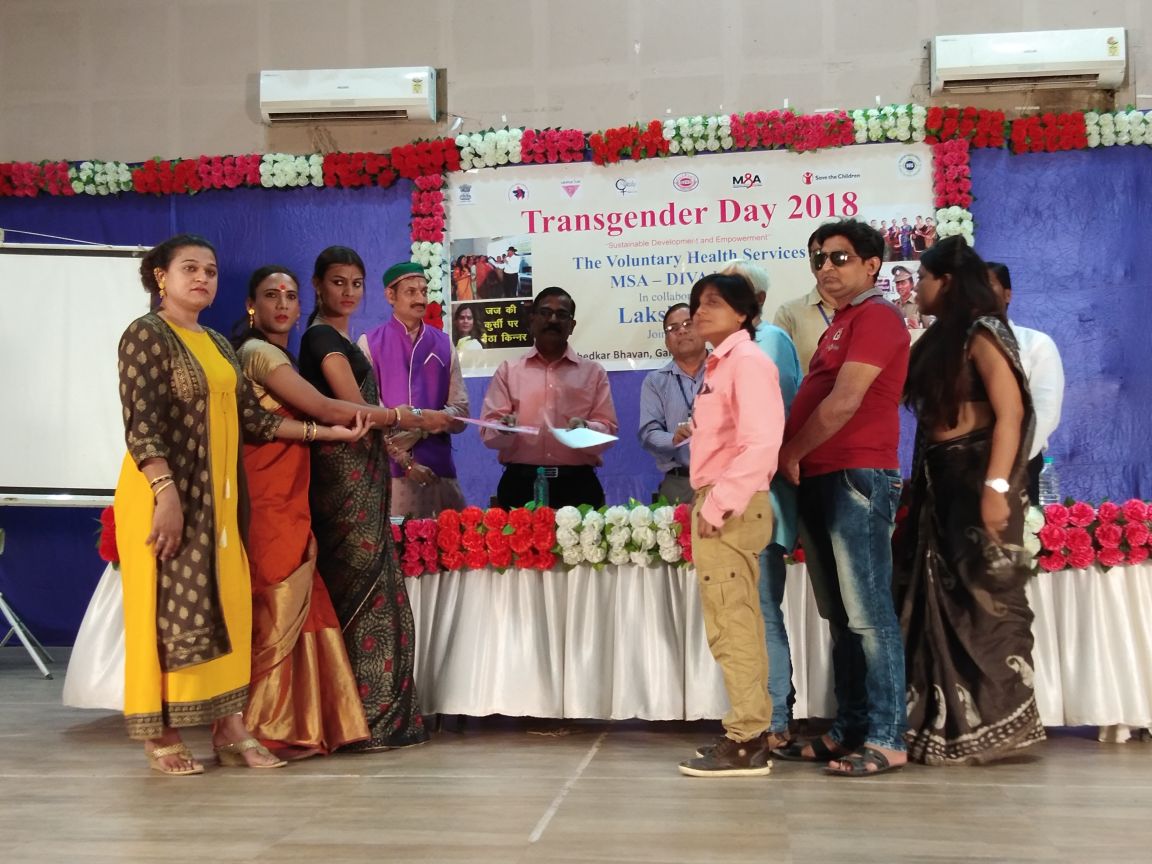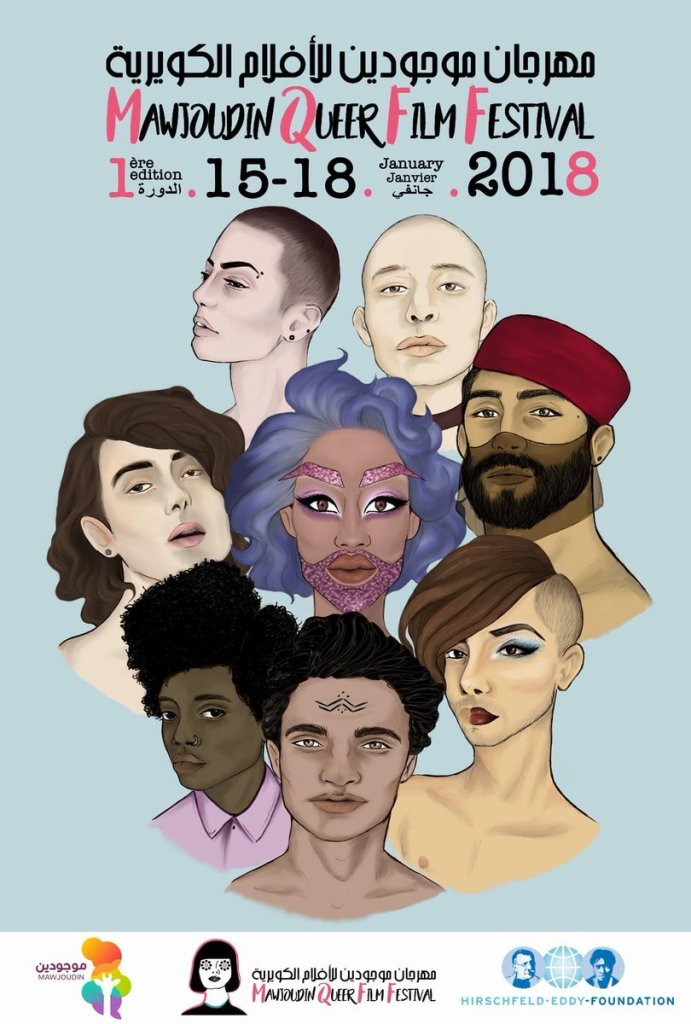This article was published more than 6 years ago.
In honor of Pride Month, the Fund for Global Human Rights is spotlighting five grassroots groups and leaders who are fighting for LGBTQ (lesbian, gay, bisexual, transgender, queer) people worldwide by changing perceptions, socio-economic situations, and laws.
Since 2002, the Fund has provided more than 350 grants to activists on the front lines of LGBTQ activism, some of whom were the first in their countries dedicated to queer rights. Below are five powerful groups working toward a world where all people can realize their rights to equality, regardless of sexual orientation or gender identity — because love is a human right.

Rainbow Sunrise Mapambazuko (a KiSwahili word for “dawn”) promotes the rights of LGBTQ people in the Democratic Republic of Congo, providing them with psycho-social support, health education around HIV/AIDS, and legal aid. While homosexuality is legal in the DRC, homophobia is deeply embedded. RSM is one of the few organizations focused on LGBTQ people in the East Kivu region. In 2018, it held its very first Pride event, and followed up this year with a larger event that is focusing attention on hate crimes and strategies to promote respect, plus a Pride parade.

Founded by a group of lesbian friends, GALANG fights for equality and the socio-economic rights of lesbians, bisexual women, and trans men (LBT) in the Philippines. The majority of LBT people in the country live below the poverty line and face discrimination accessing social services, going to school, in health care, and finding work. GALANG holds trainings that support LBT people as they assert their rights, while fostering community and resilience. It also documents violence against LBT folks and conducts research to help government and the public understand the realities of their lives.

While a third gender was legally recognized in India in 2014, widespread social acceptance is taking much more time. In Gujarat, located in western India, Vikalp is working to advance understanding of the lives of transgender and queer-identifying people. It is creating a transgender-focused welfare board, provides counseling and job placement services for those who have experienced discrimination, and helps trans people and their families navigate gender reassignment and access quality health care. It also advocates with the government around expanding legal protections and simplifying the gender and name change processes.

In January 2018, the group Mawjoudin (“We exist”) held Tunisia’s first queer film festival to feature LGBTQ stories — promoting a sense of solidarity and creating safe space for discussion. The country is one of more than 70 worldwide where homosexuality is still illegal, despite a Presidential commission recommendation to repeal the law in June 2018. The festival showcased 12 films exploring gender, sexuality, and identity, and brought together more than 500 people. The festival’s success led to a second event held in March 2019, which was featured in The New York Times.

In Honduras, where violence and discrimination against LGBTQ people is a daily reality, Cattrachas is speaking out, harnessing the power of data to leverage change. A feminist lesbian collective organization founded in 2000, Cattrachas systematically monitors and counters harmful public messaging and physical attacks against LGBTI people in Honduras. Their analysis and data have been used by fellow Honduran activists, international media, and the United Nations in calling for greater protections and justice for LGBTI people.


